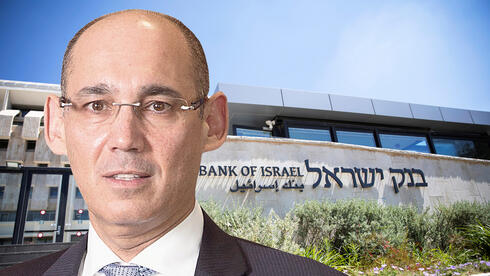In response to continuing inflation, the Bank of Israel decided yesterday to raise the market interest rates to 0.75%, an exceptional 0.4% raise from the prior 0.35%. This is the second recent raise in interest rates in the economy after the previous raise of 0.25% in April. This relatively sharp rise, contrary to the forecasts of most economists for an increase of 0.25% to 0.6%, signals the intention of the Bank of Israel (BOI) to fight more resolutely to moderate the rate of inflation.
The inflation that we have experienced in Israel for the past year is at a current high of 4%. For the US (8.5%) and UK (9%), inflation has surged to levels not seen since the infamous 1970s, and continues to remain stubbornly high. The current unemployment rate (2.9%) in Israel is at an all-time low. When you mix this with the accelerated rise of prices in the economy, the BOI is left with limited tools to battle the high inflation (other than to keep raising the interest rates). Therefore, we will most likely be facing a series of additional interest rate hikes in the upcoming months.
The prime rate is 1.5% above the market rate and is currently holding at 2.25%. The prime rate is the base rate for all loans, and directly impacts anyone with existing loans or mortgages. For every 100,000 NIS one currently has of their mortgage at the prime loan rate, the expected increase due to the prime rate raise translates to about 20 NIS more per month. Amir Yaron, the governor of the BOI, has said that by 2023 the prime rates could reach 3%.
If we do face more interest rate hikes in the coming months, the impact on real market trends in general, and real estate in particular, may intensify. At the same time though, despite yesterday’s interest rate hike, we are still in a low interest rate environment and money is still relatively cheap. Interest rates and, therefore, mortgage rates, will be impacted over the short term, but the rate hikes are not expected to last for long. The Bank of Israel will retract some hikes once the inflation level reduces to 3%.

